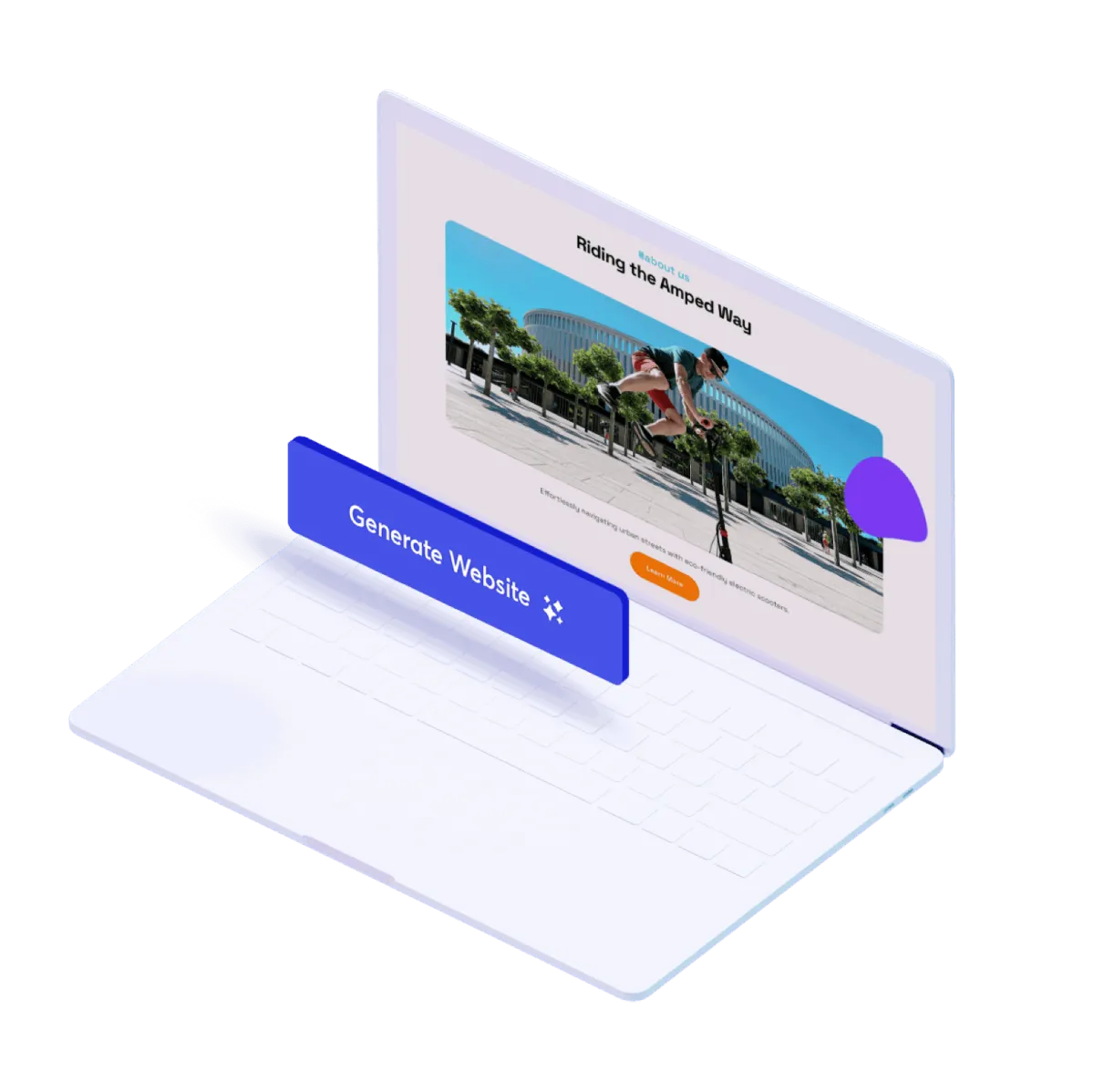404
Page Not Found!
Uh oh, we can’t seem to find the page you’re looking for. We are upgrading our website and adding this page.
Subscribe To Our Newsletter
Stay updated with the latest CRM insights, product updates, and business growth tips delivered straight to your inbox.

Get your website, CRM, marketing automation, and sales pipeline in one unified system. Less stress, more leads, guaranteed growth—without the complexity.
Quick Links
Support
Company
© 2025 ExploreMyPC - All Rights Reserved.
Powered By ExploreMyPC
